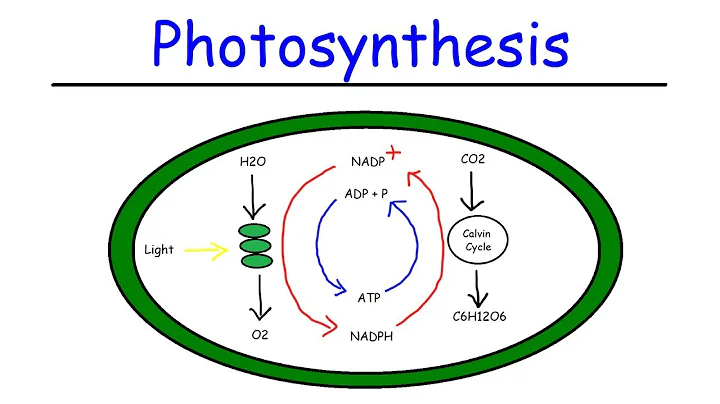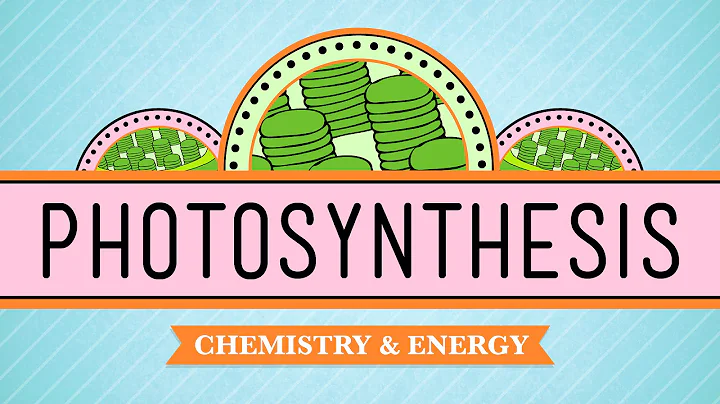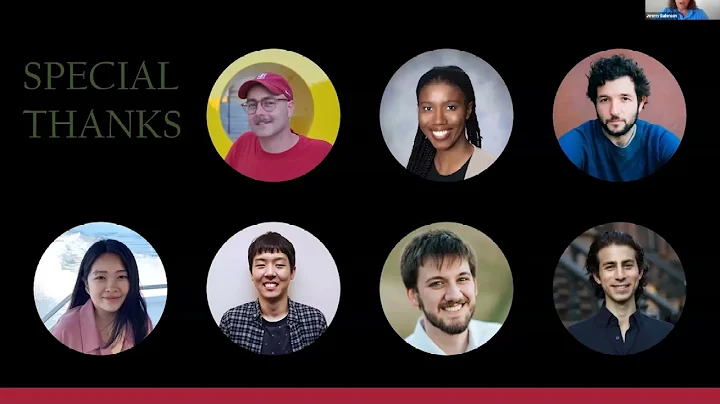plants were grown in complete darkness in acetate medium of the alternative organism photosynthesis . Researchers are developing artificial photosynthesis to help make food production more energy efficient on Earth and perhaps one day on Mars.

Photosynthesis has evolved in plants over millions of years, converting water, carbon dioxide and energy from sunlight into plant biomass and the food we eat.
However, this process is very inefficient, with only about 1% of the sunlight's energy ending up in the plant. Researchers at the University of California, Riverside and the University of Delaware have found a way to completely bypass the need for biological photosynthesis and create food that does not rely on sunlight by using artificial photosynthesis.
The new study, published June 23, 2022 in the journal Nature Food, used a two-step electrocatalytic process to convert carbon dioxide, electricity and water into acetate, the main component of vinegar.
Corresponding author Robert Jinkerson, assistant professor of chemical and environmental engineering at the University of California, Riverside, said: "With our approach, we are trying to identify a new way to produce food that transcends the limitations typically imposed by biological photosynthesis."
This technology is a more efficient way to convert solar energy into food than food production that relies on biological photosynthesis, said Elizabeth Hann, a doctoral student in Jinkerson's lab and co-lead author of the study. By liberating agriculture from total dependence on the sun, artificial photosynthesis opens up countless possibilities for growing food under increasingly difficult conditions brought about by anthropogenic climate change.





















